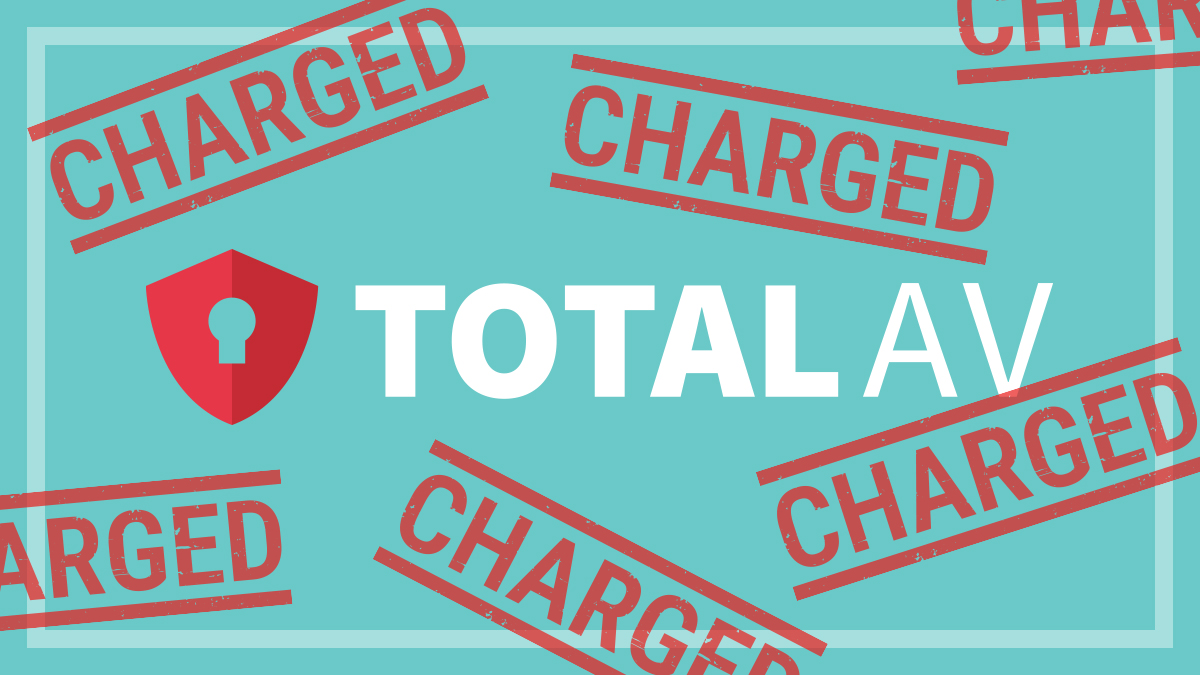Get our independent lab tests, expert reviews and honest advice.
New government commits to BNPL regulation

Consumer groups who have long been advocating for buy now, pay later (BNPL) companies to be subject to credit laws and regulations have welcomed commitments by the new Assistant Treasurer and Minister for Financial Services Stephen Jones to regulate the industry.
In a joint statement, CHOICE, Financial Counselling Australia, the Consumer Action Law Centre and others said the commitments by Jones were a welcome sign of the new government’s priorities.
“This is fantastic news for consumers, giving them better protection and rights under the credit laws,” says Fiona Guthrie, CEO of Financial Counselling Australia.
Buy now, pay later products, along with wage advance services and other so-called ‘fintech’ products, are currently able to use a loophole in credit laws to bypass basic consumer protections. These protections include the need to assess someone’s ability to repay the loan amount, or having basic hardship processes in place.
Buy now, pay later products are currently able to use a loophole in credit laws to bypass basic consumer protections
The industry has its own voluntary code of conduct, and consumer groups have long warned that the protections for consumers in this voluntary code are weak.
On Wednesday, Jones told The Guardian that products like Zip and Afterpay were a “good innovation” in the credit market.
“Can we stop having an argument about whether [they’re] credit or not? It really is a dead-end street,” Jones said.
“Let’s start working on regulating [them] within the credit space. We welcome the fact that they’ve introduced a code, [and will] move to legislate it and fill any gaps.”
Gerard Brody, CEO of the Consumer Action Law Centre says there are flaws in the BNPL voluntary code of conduct.
“The industry code has far too many gaps. It isn’t mandatory and there are many BNPL companies that haven’t signed up. There are only vague upfront assessment processes that do not require the company to only provide loans that are affordable and suitable,” he says.
“Moreover, there are virtually no consequences for breaching the code – it does not contain sanctions or consumer rights equivalent to credit laws,” he adds.
The industry code has far too many gaps. It isn’t mandatory and there are many BNPL companies that haven’t signed up
Gerard Brody, CEO Consumer Action Law Centre
CHOICE has been reporting on the consumer harms of BNPL for at least a year now.
We’ve interviewed people who have found themselves trapped in dept, taken a deep dive into the industry’s voluntary code of conduct, looked at secondary impacts on home loans and asked if BNPL products from mainstream financial institutions like Commonwealth Bank of Australia are any safer.
CHOICE CEO Alan Kirkland says it’s good that Australia, where BNPL started, is finally playing catch up when it comes to regulation.
“Governments in countries like the UK and New Zealand have recognised the need to protect people from these unregulated products. It is time for Australia to catch up,” he says.




